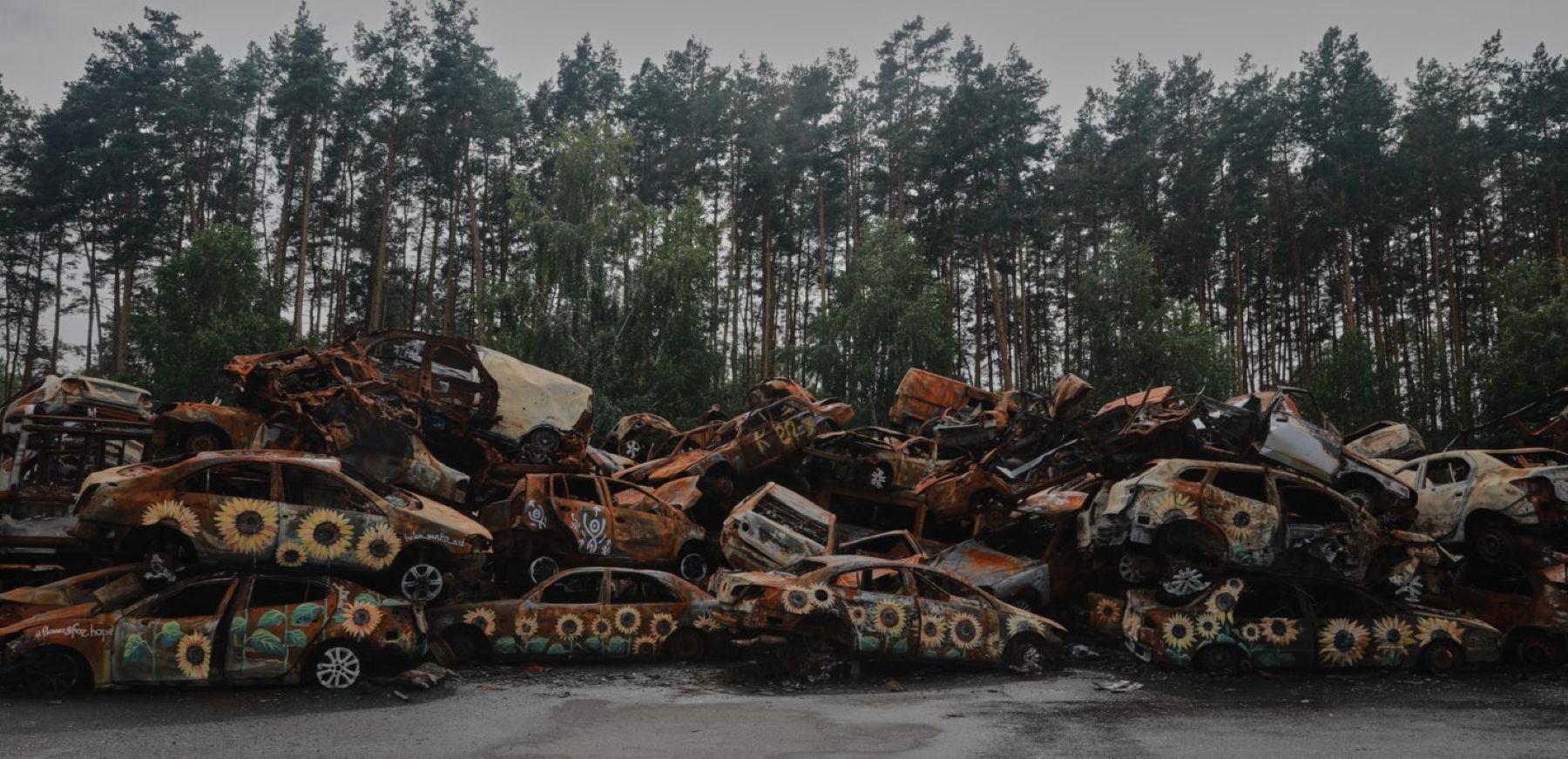Ahead of the three-year anniversary of Russia’s full-scale invasion of Ukraine and amid the start of U.S.-Russia peace talks, Agnès Callamard, Amnesty International’s Secretary General, said:
“At a time when the US President is seeking to re-write the history of the last decade, and particularly of the last three years, the 3rd anniversary of the Russian aggression is a stark reminder of how much the people of Ukraine have endured and lost; of the devastation that Russia has waged against Ukraine.”
“Any negotiations over the future of the people of Ukraine must prioritize justice for all crimes under international law committed since Russia’s military intervention in 2014, accountability for those responsible, and reparations for victims of Russia’s aggression. Past suffering, including deadly Russian airstrikes on civilians and the forcible transfer of children to Russia, must not be forgotten or left unaddressed. Those most impacted by Russia’s war of aggression must have their voices heard and their needs met, and any negotiated outcome that does not account for this will fail in the long-term.
Those most impacted by Russia’s war of aggression must have their voices heard and their needs met, and any negotiated outcome that does not account for this will fail in the long-term.
Agnès Callamard, Amnesty International’s Secretary General
“On the third anniversary of Russia’s full-scale invasion, we demand justice, accountability, and reparation – as well as meaningful participation in the peace process – for the Ukrainian civilians abducted by Russian security services, prisoners of war tortured and unlawfully convicted, children threatened for studying Ukrainian online, teachers in Russian-occupied Ukraine subjected to forced labour in schools reopened under a Russian curriculum, and Crimean Tatars and other minorities who face brutal suppression as Russia seeks to alter the demographics of occupied territories. Without ending these ongoing violations immediately and strong guarantees for justice, a rushed ‘peace deal’ will only prolong their suffering and ensure impunity for the perpetrators of heinous rights violations.
“U.S. Secretary of State Rubio said last week that President Trump wants to end the war in a way that is sustainable and enduring. A genuine commitment by President Trump to securing lasting peace in Ukraine must be delivered not in words but in actions – including supporting all possible avenues for real justice and accountability for those suspected of war crimes and all crimes under international law.”
Background on Russia’s invasion of Ukraine
Amnesty International has documented widespread violations of international human rights and humanitarian law in Ukraine since Russia’s full-scale invasion began on 24 February 2022, including acts that amount to war crimes and likely crimes against humanity. Russia’s full-scale invasion of Ukraine constitutes aggression, which is a crime under international law. Its strategy and tactics, including continued use of indiscriminate weapons and deliberate targeting of civilians, have caused widespread human suffering and seriously impacted Ukraine’s most vulnerable people, including children and older people.
Since March 2023, the International Criminal Court (ICC) has issued arrest warrants against Russian President Vladimir Putin and several senior Russian officials. The Trump administration’s focus on a negotiated settlement has renewed attention on the war, but its executive order imposing sanctions against the ICC earlier this month undermines the rights of victims and survivors of international crimes in Ukraine and beyond.
Header image of symbolic cemetery of cars shot by Russian troops, some painted by local artists, in Irpin by Oleksandr Khomenko.






















